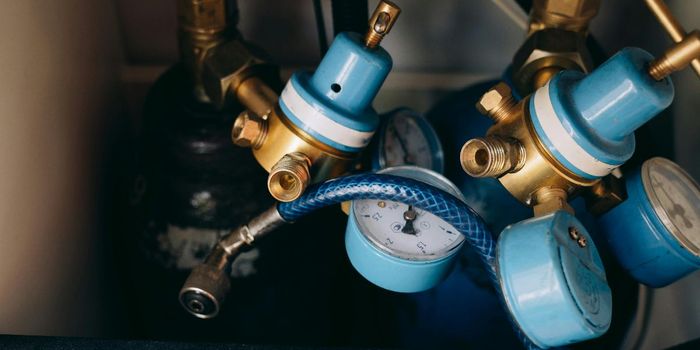Melatonin Affects Weight and Reproductive Success in Mice, not just Sleep
Researchers from Japan and the State University of New York at Buffalo have found that melatonin may affect more than sleep cycles.
Melatonin is known as the ‘darkness hormone’ as it is released by the brain in the dark, essentially telling the body when to go into ‘night mode’. Until now, it has been difficult to study how melatonin works in the body as lab mice don’t naturally produce any.
For this study, the researchers first had to breed new lab mice that produce melatonin. After 10 generations of breeding between lab mice and wild mice, they finally managed to breed new lab mice that produce the hormone innately.
After breeding these mice, the researchers were able to compare them with regular, non-melatonin producing mice to see how they differed. They first set out to see how melatonin production affected the different mice’s body clocks.
As mice like to run on wheels regularly, the researchers decided to use this behavior as a proxy for deciphering the effects of melatonin on their body clocks. While mice were on wheels, the researchers changed the light/ dark cycle to see how their bodies would adapt.
In doing so, they found that mice who naturally produced melatonin adapted their wheel running times more quickly to darkness starting six hours earlier.
The researchers also found that, contrary to some theorists, the natural production of melatonin does not have life-extending effects.
Melatonin did seem to signify some other differences, however. Those producing melatonin naturally weighed less and had smaller reproductive organs than their pure-bred laboratory counterparts. They also tended to produce fewer pups.
Unlike their lab counterparts, melatonin-producing female mice were also able to enter a state called ‘daily torpor’, essentially a hibernation mode lasting a few hours to conserve energy during cold temperatures and food scarcity.
“Our finding that mice lacking melatonin are more successful at reproducing can explain why lab mice lack melatonin. Over the years, by selecting for mice that reproduce the most pups, we might have also been inadvertently selecting for mice with lower and lower levels of melatonin.” says Takaoka Kasahara, senior author of the study.
“This research could very well lead to a better understanding of seasonal affective disorder, or winter depression, in humans. Indeed, one of the newest antidepressants, agomelatin, activates melatonin receptors.”
Sources: Neuroscience News, Journal of Pineal Research









